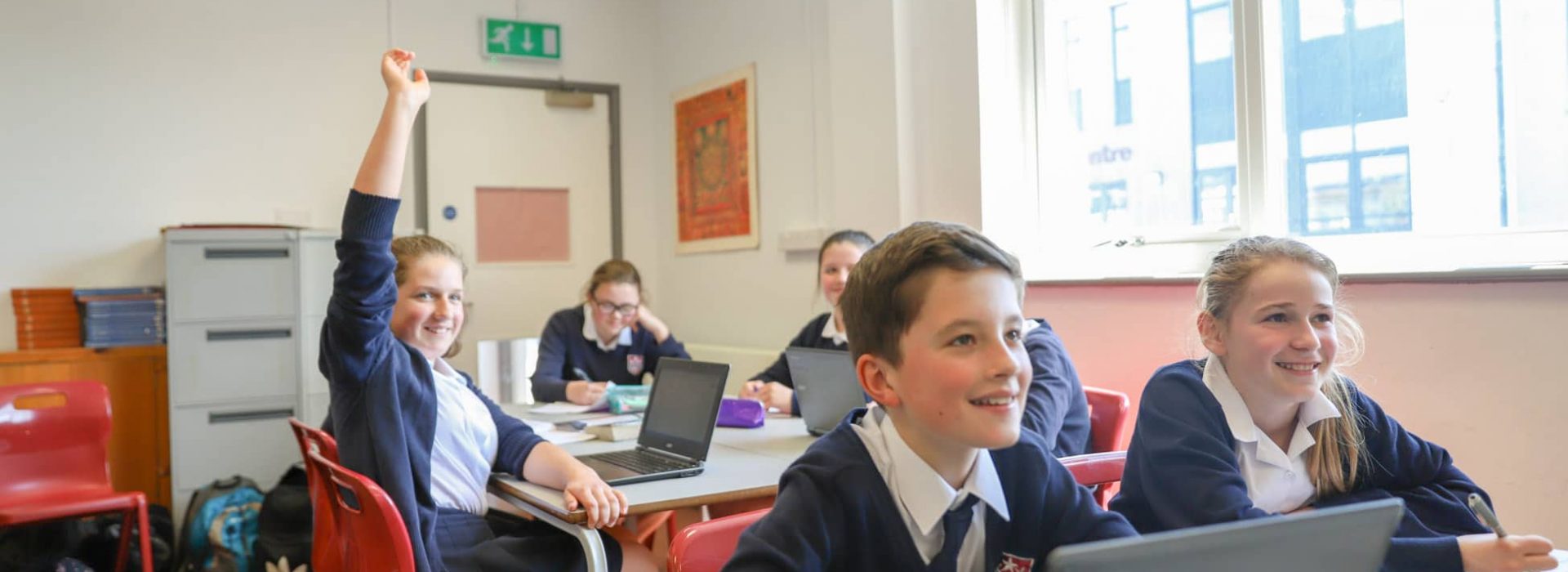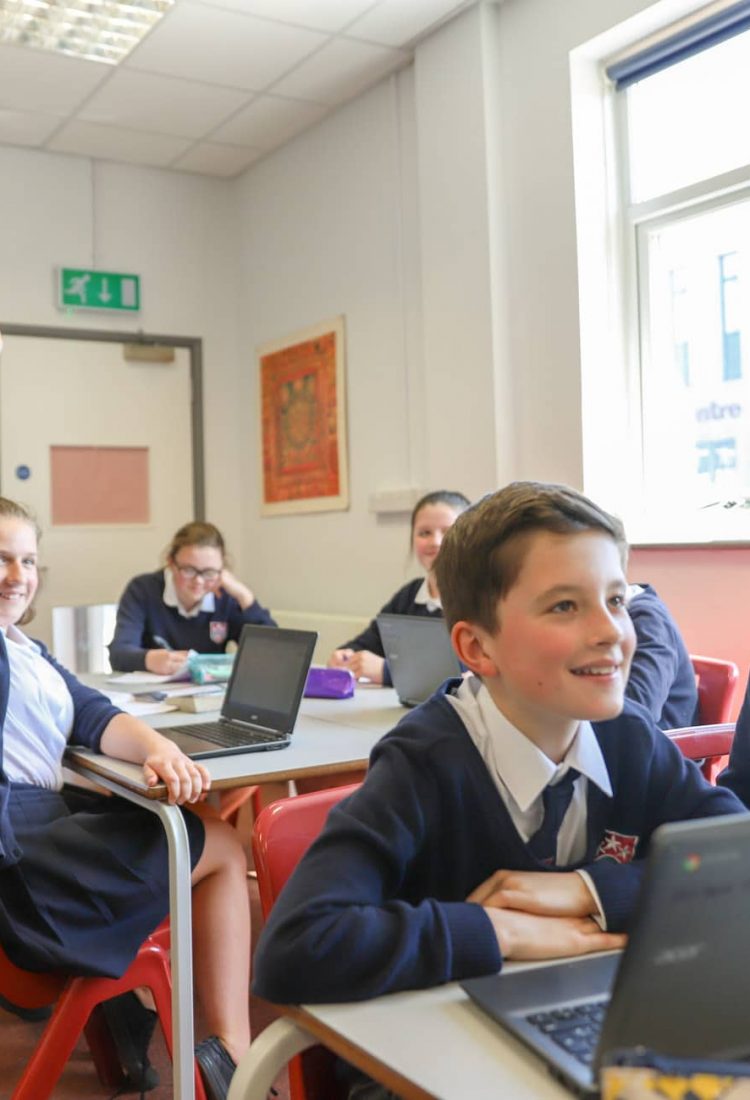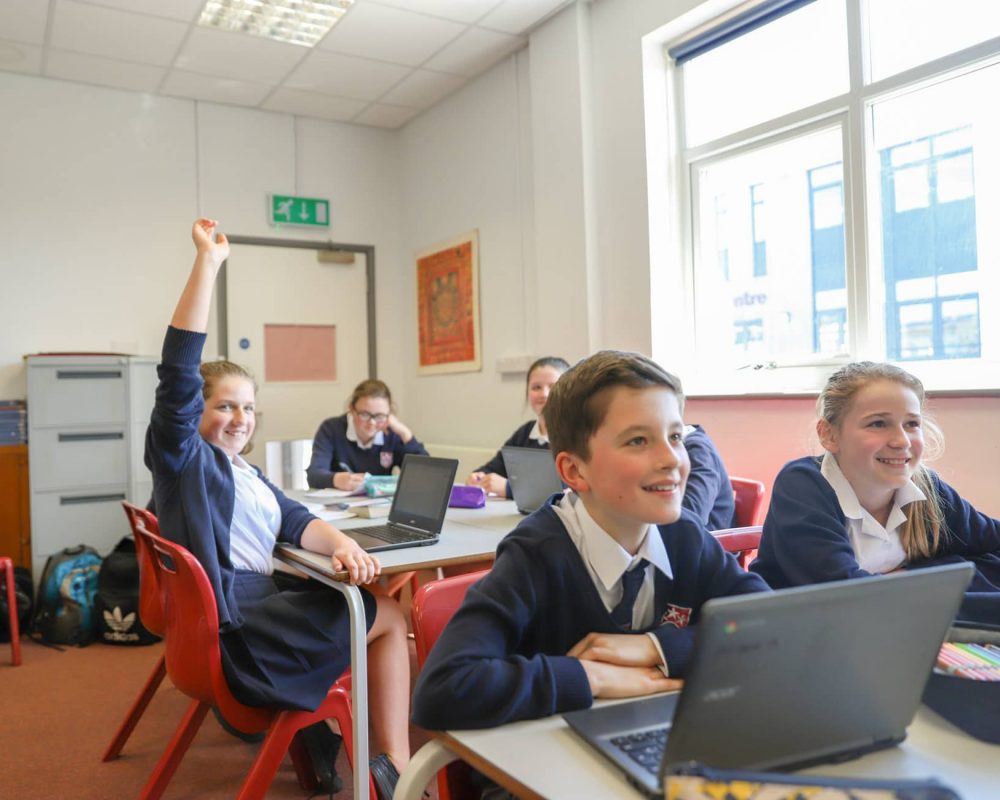Head of Department: Mrs L Byford
Churston Ferrers Grammar School strongly believes in the importance of PSHE education to equip students with the knowledge, skills and attributes they need to keep themselves healthy and safe and to prepare them for life and work in modern Britain.
We are committed to providing a high quality educational experience for all students within PSHE and our curriculum supports and underpins the values and ethos of our school.
Our PSHE curriculum at Churston is a planned, developmental learning programme which helps students acquire the knowledge , skills and attributes required to live safe, healthy, productive and balanced lives both now and in the future.
At Churston Ferrers Grammar School, our students are taught to develop the knowledge, understanding and skills they need to manage their lives now and in the future by giving them:
- Opportunities to explore, clarify and challenge their own and others’ values, attitudes, beliefs, rights and responsibilities.
- The skills, language and strategies they need in order to live healthy, safe, fulfilling, responsible and balanced lives.
- Opportunities to develop positive personal attributes such as resilience, self-confidence, self-esteem, and empathy.
What we do
The curriculum is cohesively planned and inclusive to ensure the development of students within our setting. Our programme aims to offer a holistic PSHE learning journey spanning the students’ school career, with a progressive, inclusive spiral curriculum that addresses real needs in a rapidly changing world.
The PSHE Curriculum embeds the requirements of the Relationships Education, Relationships and Sex Education and Health Education (RSHE) curriculum of 2020 within a broad PSHE curriculum which also includes Financial and Careers Education.
We use the PSHE Association to inform our curriculum planning and the core themes of Health and Wellbeing , Relationships and Living in the Wider World support the teaching of fundamental British Values in meeting the requirements of our SMSC provision.
PSHE is taught as a discrete subject and is allocated one hour per fortnight of curriculum time in Years 7, 8, 10 and 11 and one hour per week in Year 9. In the Sixth Form, PSHE is delivered via the Tutor Programme and enriched by guest speakers.
The Programme of Study is based on three core themes :
1. Health and Wellbeing
2. Relationships
3. Living in the Wider World
From September 2020 schools have been required to teach Relationships Education, Relationships and Sex Education (RSE) and Health Education as part of their planned programme .These topics are integrated within a broad and balanced curriculum which also covers careers and finance. A summary of the topics taught as part of the PSHE curriculum at Churston is outlined below:
Relationships and Sexual Education
- Families
- Respectful relationships,including friendships
- Online and media
- Being safe
- Intimate sexual relationships, including sexual health
Physical health and mental wellbeing
- Health and mental wellbeing
- Mental Wellbeing
- Internet safety and harms
- Physical health and fitness
- Healthy Eating
- Drugs, alcohol and tobacco
- Health and Prevention
- Basic first aid
- Changing adolescent body
Students are also signposted to websites and organisations and they have the opportunity to follow up and discuss any sensitive issues that may arise with members of the pastoral team or school counsellor.
Additional input to the PSHE curriculum is provided by outside speakers, charities and other organizations. Students are provided with information and links to organisations and websites where they can gain further advice, if required. Further enrichment of the curriculum is provided by single “collapsed “ days when students have the opportunity to take part in practical workshops.
Year 7 | Year 8 | |
|---|---|---|
Autumn 1 | Transition and safety How can I feel good about myself? Transition to secondary school and personal safety in and outside school including first aid Enrichment Day - Self Esteem Day - Career Pilot intro | Emotional wellbeing What is emotional wellbeing? Mental health and emotional wellbeing, including body image and copingstrategies |
Autumn 2 | Health and puberty What makes me healthy? Healthy routines, influences on health, puberty, First Aid unwanted contact | Drugs and alcohol How can I keep healthy and resist pressure? Alcohol and drug misuse and pressures relating to drug use |
Spring 1 | Building relationships What makes a good friend? Self-worth, romance and friendships (including online) and relationship boundaries | Identity and relationships What makes a positive relationship? Gender identity, sexual,orientation, consent, ‘sexting’, and an introduction to contraception |
Spring 2 | Diversity How can other people affect me? Diversity, prejudice, and bullying | Discrimination How can I develop good relationships? Discrimination in all its forms, including: racism, religious discrimination, disability, discrimination, sexism, homophobia, biphobia and transphobia |
Summer 1 | Developing skills and aspirations What will help me to succeed? Careers, teamwork and enterprise skills, and raising aspirations | Community and careers How do I make good life choices? Equality of opportunity in careers, challenging stereotypes, life choices, and different types and patterns of work. Goal setting as part of GCSE options process |
Summer 2 | Financial decision making What decisions can I make about money? Saving, borrowing, budgeting and making financial choices | Digital literacy What is digital literacy? Online safety, digital literacy, media reliability, and gambling hooks |
- Careers link
Our curriculum encourages students to be enterprising and seeks to support them in making effective transitions, engage positively with their learning and career choices and in achieving economic awareness and wellbeing; thereby preparing them for life and work in modern Britain. PSHE acknowledges the significant role it plays in developing the skills and attitudes that will enable students to make informed decisions about their future careers and aspirations. During Year 7 Self Esteem Day , students are introduced to and given access to the online platforms Unifrog and Careerpilot which they will continue to engage with during their time at Churston.
- SMSC links
The Programme of Study aims to support pupils’ spiritual, moral, cultural, mental and physical development through the teaching of fundamental British Values, preparing them for the opportunities, responsibilities and experiences of life. We use student voice to inform curriculum choices and our inclusive programme of study encourages our students to regard people of all faiths, races and cultures with respect and tolerance in identifying and combatting discrimination. PSHE is integrated into our school life through assemblies, school events and PSHE Enrichment Days and is an important and integral part of our SMSC provision underpinning our core values and supporting our cohesive whole-school approach to enable our students to become healthy, independent and responsible members of society.


